Trending Now
Saturday, Nov, 2024
Home / Online Teaching Marks A Consequential Shift In Education System
Online Teaching Marks A Consequential Shift In Education System
The year 2020 has proven a bane for everyone. It has put a tremendous effect on a normal life as..
 by Megha Sangha /
by Megha Sangha /  10 Nov 2020 11:42 AM IST /
10 Nov 2020 11:42 AM IST /  0 Comment(s) / 232
0 Comment(s) / 232
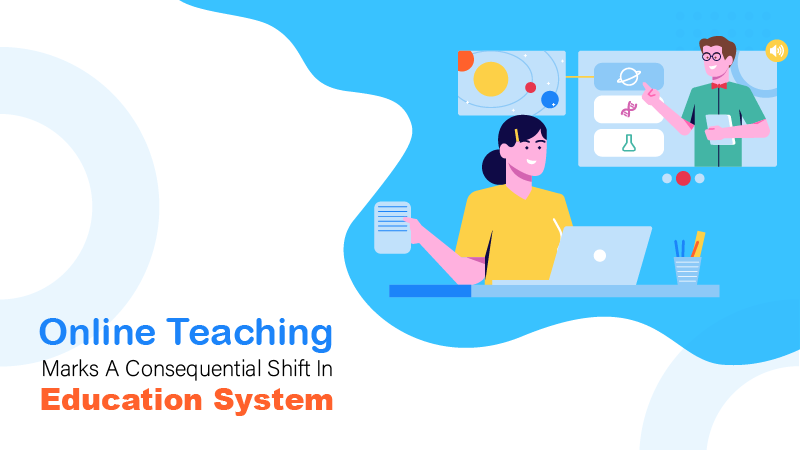
The year 2020 has proven a bane for everyone. It has put a tremendous effect on a normal life as well as on the education sector globally with negative repercussions because of the coronavirus pandemic. Due to lockdown, all educational institutes were closed. However, this crisis was really well managed by providing online classes through various applications which leads to the great shift in the educational sector from Offline teaching to Online teaching. Gradually, this method became a part of everyone. However, some antagonists believe that online education is not as effective as offline. Everybody had seen that the transition to online teaching in early 2020 has to be done in an emergency in educational institutions across the world with innovative ideas with a combination of online education and face to face teaching to keep students engaged. Apart from this, the main aim of this was to provide learners education without any hindrance in this lockdown. Swayam, Swayam-Prabha, National Digital Library, E-Yantra and Virtual Lab are helping students as well as teachers in upskilling as well as providing quality resources. Online classes are on par with offline classes that we have already witnessed in this lockdown period. Online teaching is a better option, especially for a country like India, but this type of education cannot cater to all sections of society. There should be a combination of offline and online so that no one should suffer. Our young blood has a great desire or excellence regarding the technology so definitely, they can become a self-dependent person - as they are called the Future Vistas.
However, there are some risks in shifting education to an online mode. The First and foremost one is that learners from wealthy families have better access to the internet and electronics appliances than mediocre family. During these situations, we come to know that education is not only about technology but also about interacting, learning deeply, and developing numerous skills that can only be gained through offline teaching. A trainer encourages a scholar in the classroom, which is more understanding than online teaching.
In addition, 'Learning' means the changes that we can see in learner's actions and behaviour. The learning process includes a variation in thinking and mental models of the scholar through deep understanding. After each learning stage, the learner will have the tendency to acquire knowledge in practical situations in life, profession, or workplace. Each teaching faculty member needs to be properly re-trained for online teaching-learning mode. Despite the fact that they are experts or great classroom educators, they need to place equal importance on 'learning sciences in digital media'.
Moving on, according to the UNESCO report, around 87% of learners in all schools, colleges and universities are affected by the pandemic of coronavirus. The way our regime, institutions, organizations, and denizens opine has fully changed. During the time of the pandemic, the higher education department is facing a tectonic shift right now. From prior, the edutech has been estimating that technology will become the biggest teaching-learning process. Millions of scholars across the globe have been driven out of their universities and professors are restricted to their homes. But now pupils are under pressure of losing academic time and the only possible way for them is completely online.
Background Of Technology In Educations
Education 4.0: Let's take an instance of the Gurukula System (one master to a few pupils), the traditional university system (one to many learners) and distance learning. Online higher education has been existing for more than a decade but it did not take the place of the conventional education system in the pre-covid time. However, the business sector has already moved from offline to online. While the trainers are facing some hurdles in their way of providing education to the learners. This tectonic shift will depend on major aspects of online learning. It needs a great deal of understanding. The teaching faculty requires to be enabled with this knowledge.
Educational Scenario Post-COVID-19
In the post-COVID-19 era, offline or conventional education will not be used for long last. However, blended learning (a combination of classroom and online modes) would rule. There are some risks in shifting education that must be accepted. Scholars in affluent households have better access to the internet and computers than others. Simultaneously, we have to accept the fact that education is not about technology, but also about learning, interacting and developing soft skills which only schools can provide through in-person teaching. A teacher influences a trainee in the classroom which has a long-lasting impression on their minds than online teaching. The educators assume the role of not only a facilitator but also provide great support to the learners.
What Will Be The Default Mode For Education In India?
In a country like India, we have to accept that online teaching is not a silver bullet for everyone. A combination of offline and online teaching should be the way for the future as both have their own advantages. In the near future, institutions will be more adopting online programs wherever possible but not for all the modules. With this blending method of education, learners can also gain knowledge of technical gadgets. As a consequence, it would be a worthwhile package for the pupils to gain knowledge. With a bright future, they can help in building a strong self-reliant India that plays the role of a technological shift in shaping the education system.

EShort / February 16, 2024
IMS Noida Admissions 2024: Apply for UG, PG programmes

EShort / February 16, 2024
GATE 2024: Response sheet out

EShort / February 16, 2024
BSSTET 2023: Admit card released

EShort / February 16, 2024
NID DAT 2024: Prelims result released

EShort / February 16, 2024
IIT JAM 2024: Response sheet released

Jobs / February 16, 2024
UPSC Recruitment Drive 2024: Apply for 120 vacancies in various departments

EShort / February 14, 2024
UPSC CSE 2024: Official Notification issued; application process begins
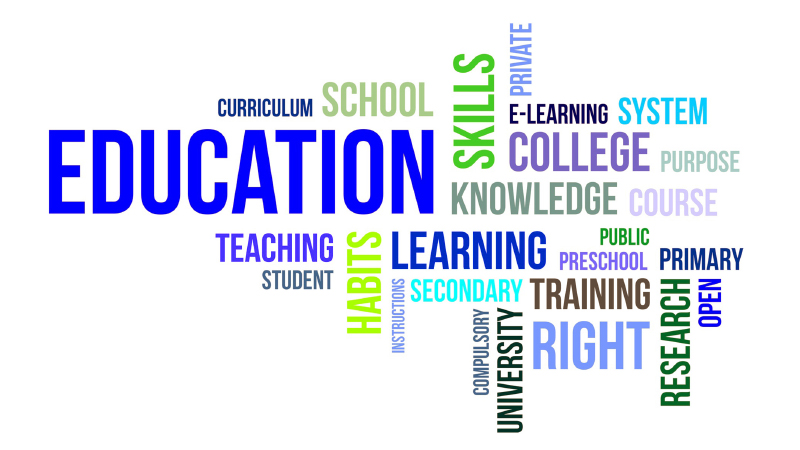
Editor's Desk / April 17, 2020
How Does Society Impact Our Education?

Current Affairs / April 22, 2020
Mr. Sudarsanam Babu appointed to U.S. Science Board.
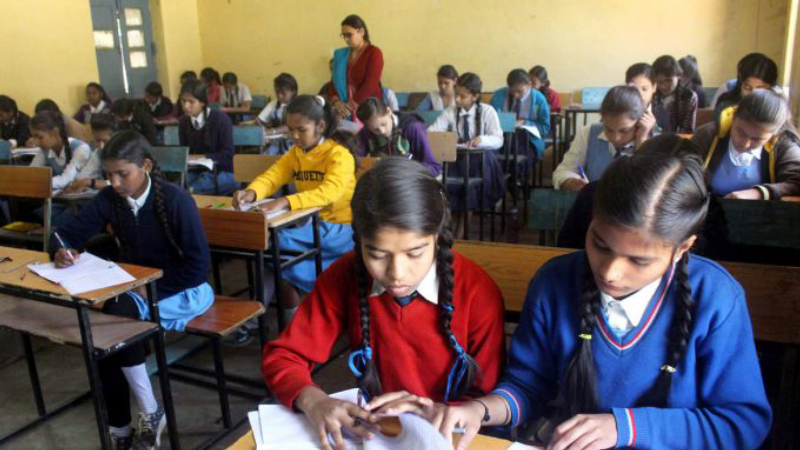
Reforms / April 17, 2020
Traditional Structure of Education In India
.jpg)
Events & Seminars / April 17, 2020
PISA!!
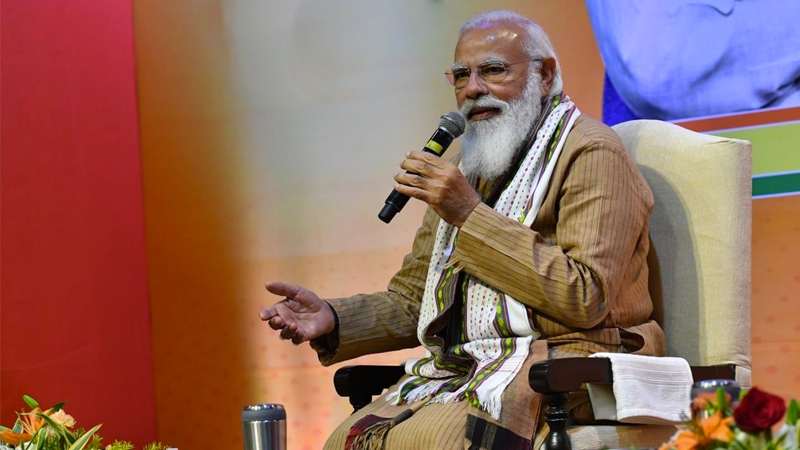
Blog / February 26, 2021
Government's Action On #ModiRojgaarDo

EShort / May 19, 2022
CUET PG 2025 has started the registration process.

Notice Board on Important Dates / April 21, 2020
World Heritage Day

News / July 08, 2021
JEE Mains Registration For Session 3: Last Date To Apply

EShort / December 14, 2021
UPSC Declared Final Result For DCIO Recruitment


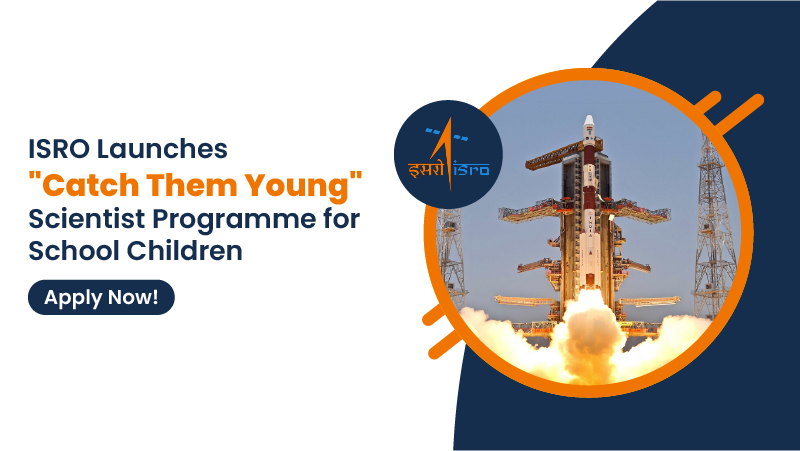
 Program 2024 for Financially Disadvantaged Students-02.png)


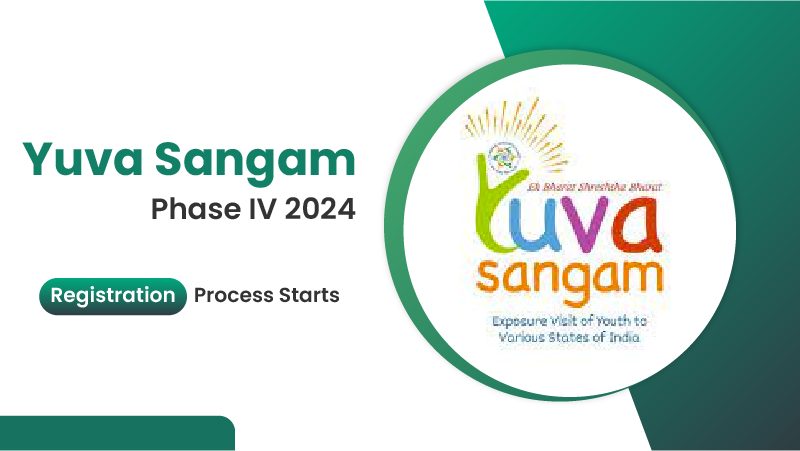


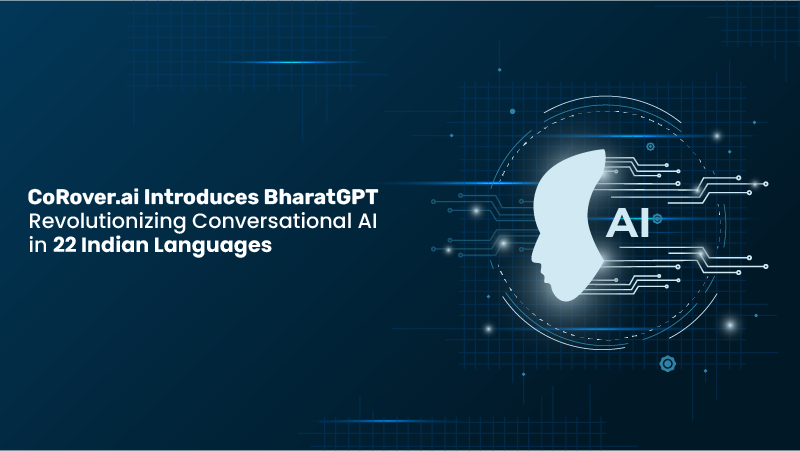


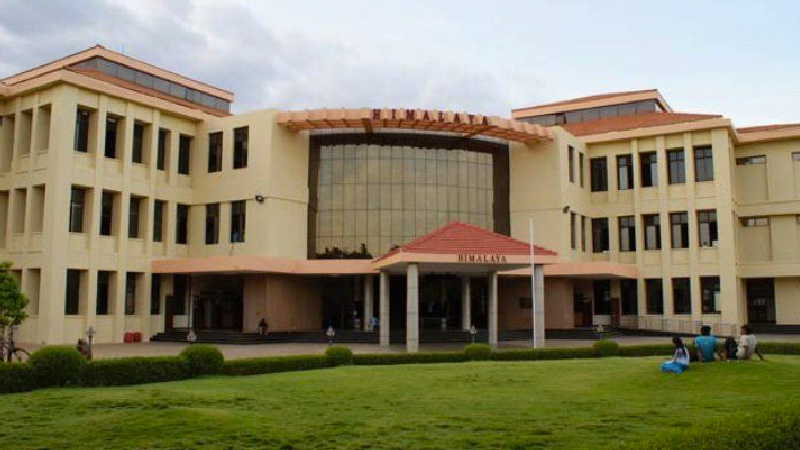
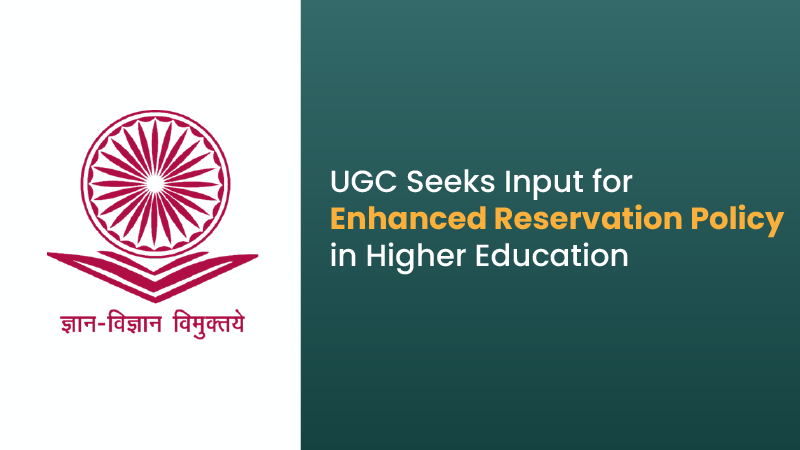

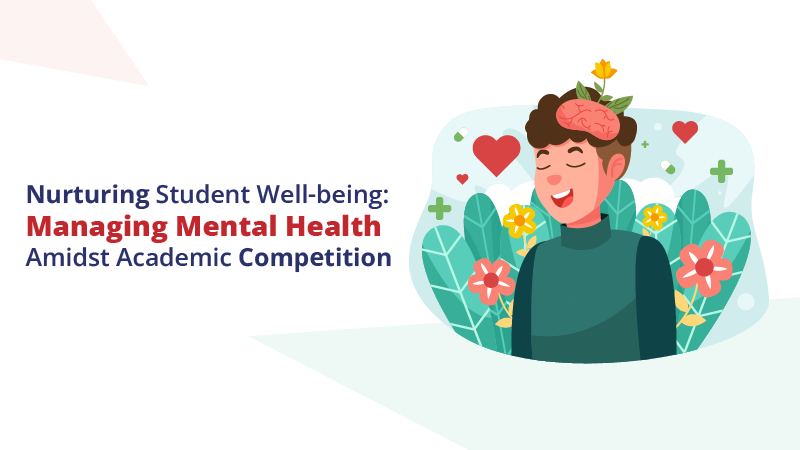
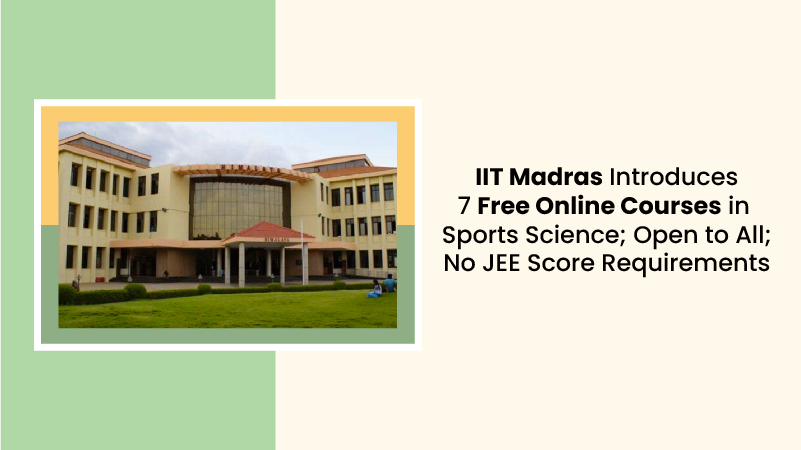
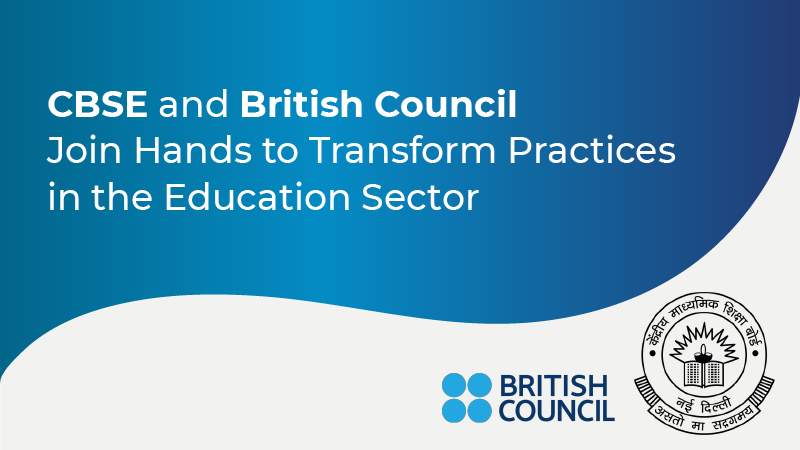

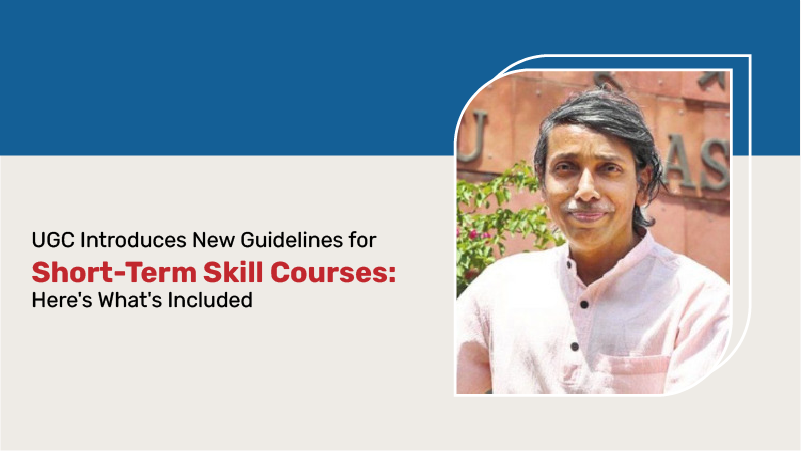
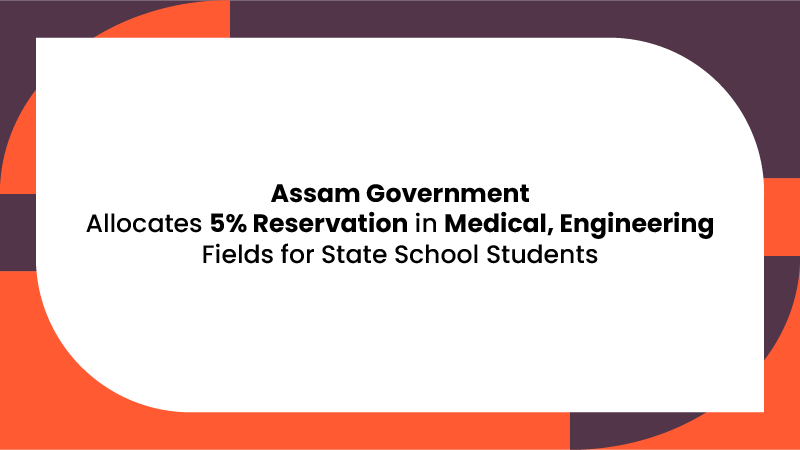

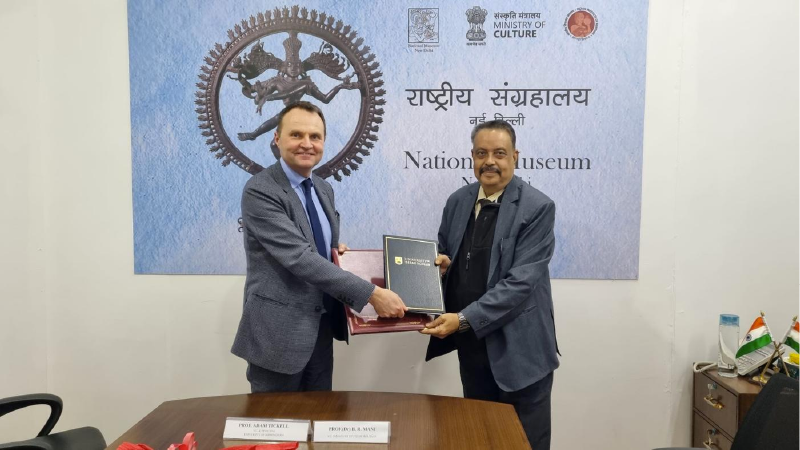
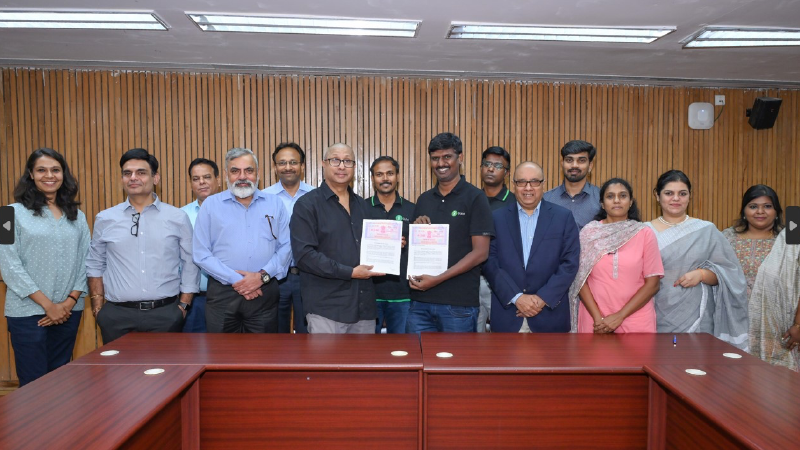
0 Comments
Post Comments